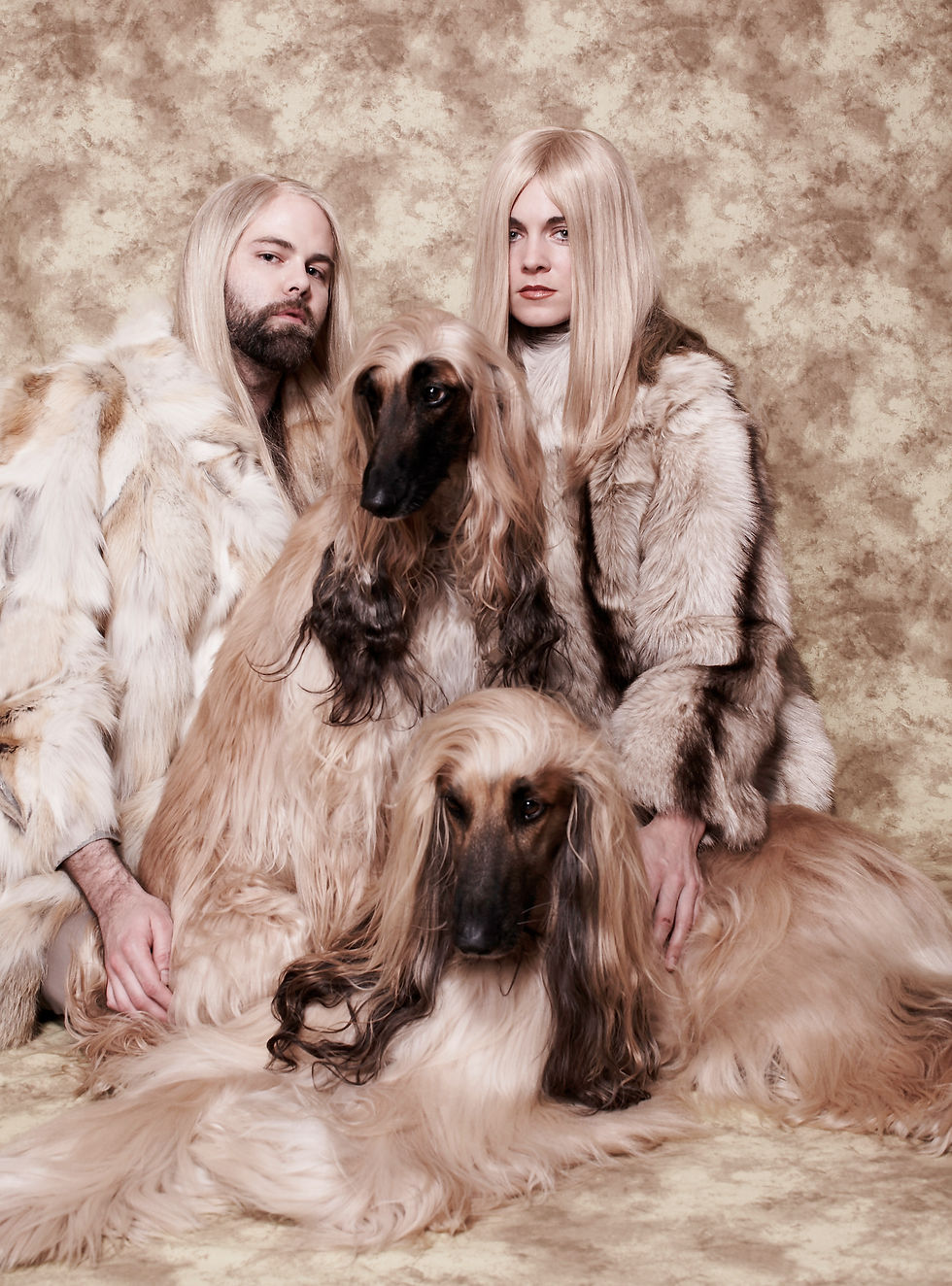Is rest the key to your dog's happiness and health?
- info9580869
- Sep 1, 2025
- 2 min read

In modern dog ownership, the mantra is often: ‘A busy dog is a happy dog.’ But more and more experts are sounding the alarm. In practice, ‘busy’ often means constant entertainment, hectic walks or hours of ball games. This overlooks a crucial factor: dogs need rest – much more than most owners realise.
This article highlights why rest is not only important for dogs, but essential – and how you can find the right balance between activity and relaxation in everyday life.
Nature shows us how
Wild dogs and their ancestors, wolves, spend 16–18 hours a day sleeping or dozing. Activity – mostly in the form of hunting – is the exception, not the rule. The natural principle is: conserve energy, stay calm, gather strength. Our domestic dogs carry this very predisposition within them. So if you constantly keep them “on the go”, you are working against their biology.
Rest is a basic need
During rest periods, dogs process impressions, learn more effectively and regenerate physically. Sleep is crucial for:
Healthy development (especially in puppies)
Stress reduction and mental stability
Strong immune system
Balanced behaviour
Without rest, there is a risk of overstimulation, nervousness and even aggression. The well-known mantra of ‘five minutes of exercise per month of age’ for puppies can be safely thrown in the bin – the crucial thing is to plan sufficient breaks.
Activity as a stress trap
Ironically, too much exercise can have the opposite effect: dogs that are constantly busy get caught in a spiral of stress. They then need more and more activity to be able to switch off. The result: a restless dog that never really relaxes.
Age and rest requirements at a glance
Puppies (0–6 months): 18–20 hours/day
Young dogs (6 months–2 years): 16–18 hours/day
Adult dogs (2–7 years): 12–14 hours/day
Seniors (7 years and older): 14–18 hours/day
Tips for more relaxation in everyday life
Fixed routines: Consciously plan breaks – not just activity.
Create a place of retreat: A quiet place where your dog can be undisturbed.
Pace activities: Nose work or chewing is better than throwing balls for hours on end.
Read signals: Recognise when your dog has had enough – yawning, restlessness or panting are warning signs.
Common myths debunked
‘A tired dog is a happy dog.’ → False: Over-tiredness makes dogs irritable, not happy.
‘The more exercise, the better.’ → False: Balance is key.
‘If my dog isn't sleeping, he needs more action.’ → False: Overstimulation is often the cause.
Conclusion
Rest is not a luxury, but a basic need – as important as food or exercise. Dogs need downtime to stay healthy, stress-free and balanced. Your job as an owner: to strike a balance between activity, mental stimulation and lots and lots of rest.




Comments